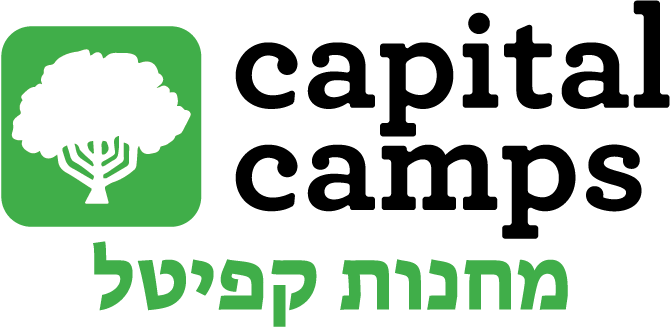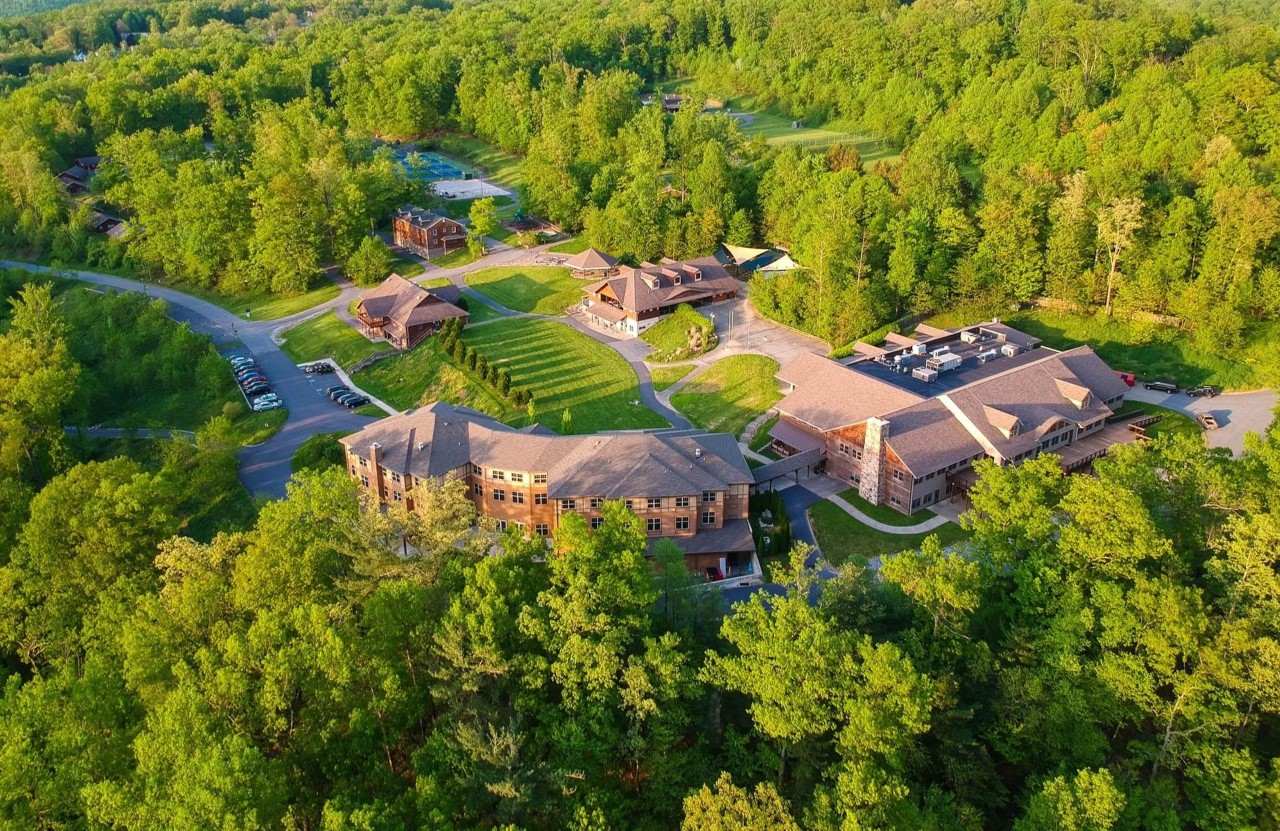There are purple crocuses popping up on my front lawn and the days have started to warm up. Spring is here; time to celebrate Passover and time to accelerate our preparations for Camp. Traditionally, the weeks prior to Passover involve meticulous preparation. Likewise, Capital Camps & Retreat Center has begun the methodical process of reopening. We are readying our beautiful camp to welcome families for two Cabins@Capital weekends in May. And then in June, it will be time for camp, Capital Camps style!
We welcome spring this year with a renewed sense of hope. Last year, at this time, the pandemic was forcing itself into all of our lives. It has been a challenging year and one in which staying connected virtually with friends, family and our Capital Camps community was especially important. Both the holiday of Passover and the opening of camp offer us the chance to focus on reengagement, rededication and renewal.
Passover celebrates spring, rebirth, and renewal, which are symbolized by the green “karpas” and the egg on the Seder plate. The Passover Seder provides a blueprint for engaging in child-centered Jewish education. We are instructed to answer a child’s four questions, explain things to four different sons, and tell the story in a way that connects one generation to the next. There are parallels between the Passover Seder and the immersive Jewish education we provide at camp.
Camp is all about connections: campers to each other, campers and staff, and each connected to a bunk, a village and the full camp community. Starting with the bunk, children and staff create a cohort that touches the hearts, souls and minds of all involved. Camp is a place where children are empowered to ask questions. Camp is a place where the “wise”, the “rebellious”, the “shy” and those “who do not know how to ask” are all respected and accepted.
Camp is also all about fun and engagement. We are looking forward to the renewed energy at camp as campers engage in our full line-up of activities: sports, arts, aquatics, outdoor adventure, teva (nature), the farm and more. Fun is the necessary ingredient that allows the serious identity-building activities at camp to be embraced and absorbed.
Passover 2021 may still feel different as we gather in small family groups in person, or with extended family and friends on zoom. At the same time the essence of the holiday, the powerful themes of re-engagement, rebirth, renewal and family storytelling provide familiar constants. As always, the health and wellness of our campers and staff is foremost in our mind as we prepare to reopen camp. As shared in our recent Town Hall meeting and in our COVID-19 playbook, there will be some adjustments to how we are organized this summer. At the same time, the essences of camp, the connections, the fun, the engagement will be renewed and reinforced. With parents, campers and staff all working together, we are confident in our ability to have a safe and fun summer.
Cabins@Capital is an opportunity for campers to be introduced or reacquainted to camp along with their families. We hope you can join us May 21-23 for a weekend of camp experiences and family mitzvah projects in partnership with the Jewish Volunteer Connections or on May 28-31 (Memorial Day Weekend) for a special themed “Family Maccabi Weekend”.The count-down to the first day of first session has started. As the trees and flowers start to burst back into life, we look forward to reopening Capital Camps & Retreat Center. We wish everyone a chag Pesach samech, a happy Passover holiday. We can’t wait to see you at Capital Camps very soon!


